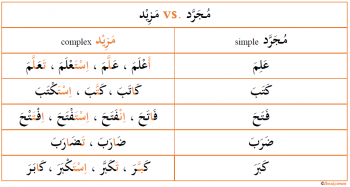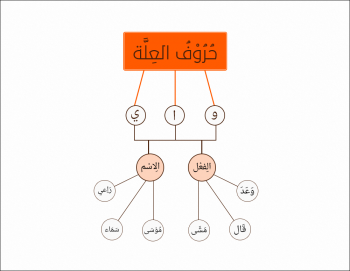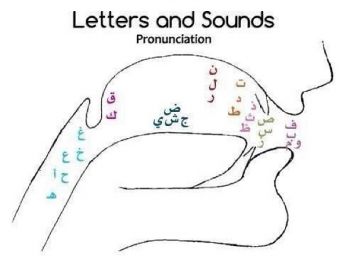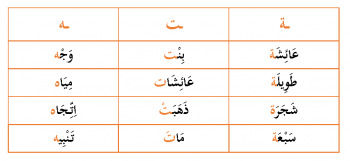Archive by Author
Arabic Verb Forms [Regular vs. Irregular] Posted by Ibnulyemen اِبْنُ اليَمَن on May 25, 2017

In an earlier post, I classified Arabic Verb Forms based on their root structure into simple and complex. Likewise, based on whether their internal structure changes as they are conjugated with tenses, person, gender, or number, Arabic Verb Forms can be classified into regular and irregular, i.e. صَحِيْح and مُعْتَل. Put simply, as is illustrated…
Arabic Verb Forms [Simple vs. Complex] Posted by Ibnulyemen اِبْنُ اليَمَن on May 17, 2017

The basic verb in Arabic cannot be bi-consonantal. It must be composed of three, four, five, or six consonants. Looking at the Arabic dictionary, the bulk of verbs is tri-consonantal. These three consonants are ineliminable, for they are integral to verb meaning. Is this the reason it is called simple مُـجَرَّد? Exactly! Let’s look at…
The 3 Most Problematic Arabic Letters Posted by Ibnulyemen اِبْنُ اليَمَن on May 11, 2017

Just as diacritics play a significant role in disambiguating the meaning of graphically similar words, long vowels determine the form of derived words; therefore, they are called حُرُوف العِلَّة ‘the weak letters.’ … Continue Reading
Vowels in Arabic: Function and Form Posted by Ibnulyemen اِبْنُ اليَمَن on May 5, 2017

Does Arabic have vowels? Certainly! But very few compared to English. Is there an Arabic word without a vowel? Hmm! Probably not. The vowel is the center of the word and/or syllable. Put differently, vowels are the crutches of consonants. So, what is the story of vowels in Arabic and how do they crutch consonants?…
saltah سَلْتَة: Yemen’s National Dish Posted by Ibnulyemen اِبْنُ اليَمَن on Apr 30, 2017

Bint aS-SaHn بِنْت الصَّحْن , sousi سُوْسِي , shafout شَفُوْت, and saltah سَلْتَة are some delicious Arabic dishes that are peculiar to Yemen. While the others are popular on special days and occasions, سَلْتَة is eaten every day and by far the most favorite; ergo, it is Yemen’s National Dish. Linguistically, what is the origin…
Arabic ع and غ: Intelligibility vs. Sounding Native-like Posted by Ibnulyemen اِبْنُ اليَمَن on Apr 27, 2017

In speaking a foreign language, do we have to sound native-like? No, certainly not! Being intelligible, in my book, is more important. Intelligibility affects communicating your ideas. Among the difficulties that we encounter when learning a new language is the articulation of certain speech sounds. More specifically, the speech sounds that exist in the new…
[ت] , [ــة] , or [ــه]: How to Differentiate Between Them? Posted by Ibnulyemen اِبْنُ اليَمَن on Apr 24, 2017

For learners of Arabic, as is the case for native speakers, it is normally difficult to distinguish between [ت], [ــة], and [ــه] when they occur at the end of words. [ت] is called taa maftuHah تَاء مَفْتُوحَة, [ــة] is called taa marbuTah تَاء مَرْبُوطَة , and [ــه] is called haa or haa marbuTah هَاء /…


